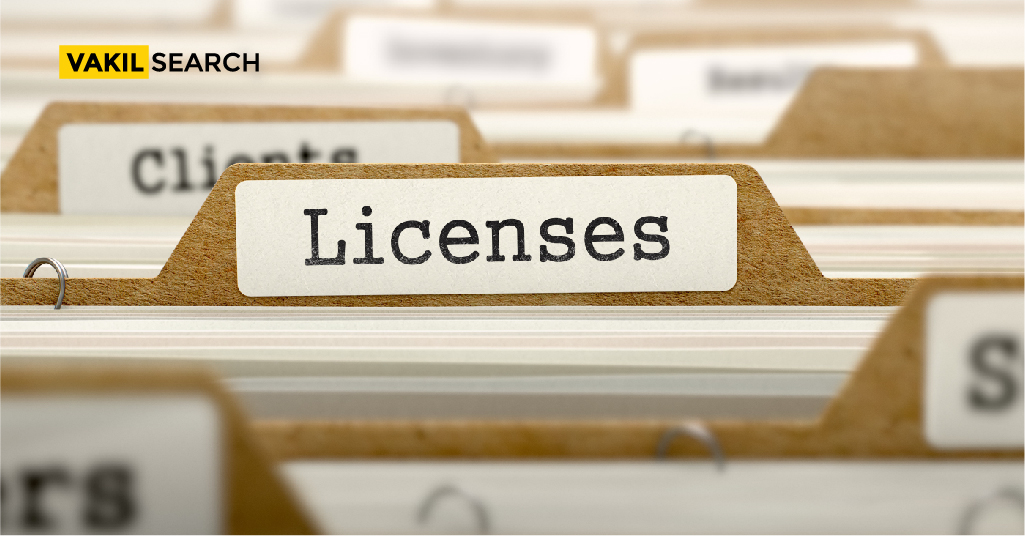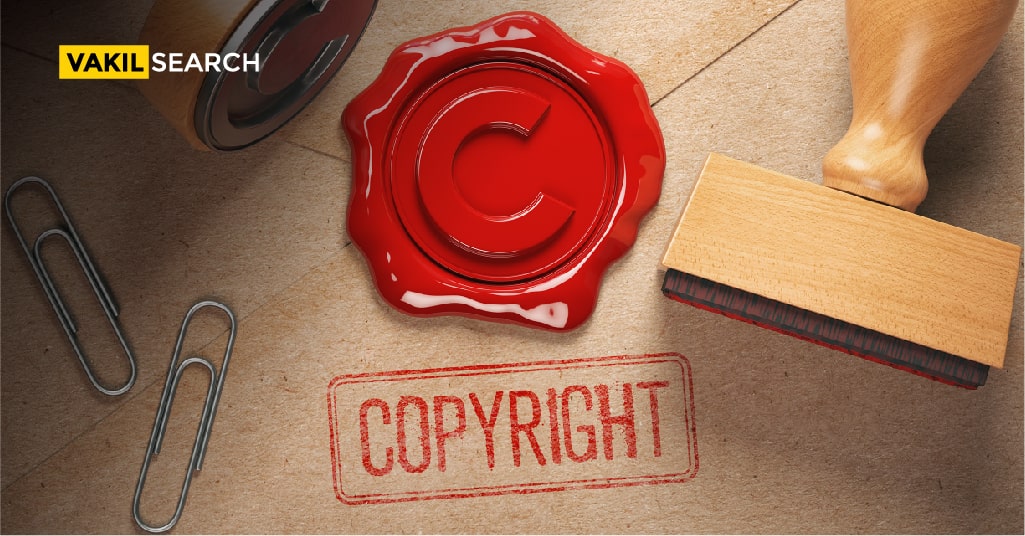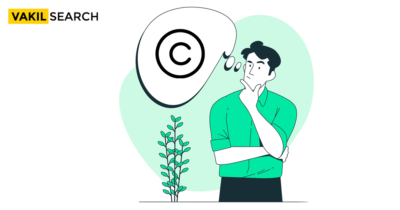The world of intellectual property ensures that each of your creations, in the form of poems, books, plays, compositions, movies, photographs, software and designs can be used for gaining monetary benefit as long as it is original and displays an investment of labour, skill, and judgement. Now, let’s see how to monetise one’s copyright.
Discover the art of monetizing your copyright! In this guide, explore effective strategies to turn your creative works into a sustainable source of income. How to monetise one’s copyright – The following are some steps to take in order to make money from your creations:
Copyright It | How to Monetise One’s Copyright
Assert your rights on your work by inserting a copyright notice, or availing various other facilities under trademark or patent laws. This makes it difficult for others to sell or use your work for their own profit and guarantees exclusive economic rights. Economic rights under copyright include the right to reproduction, distribution, performance/broadcasting, translation or adaptation of the work. Usually, adding the copyright symbol ‘©’ for printed text or stating that the material is copyrighted at the bottom of a website is legally sufficient. However, copyrighted designs and software innovations involve a slightly more complicated process and we suggest consulting an attorney.
Need for Copyright
- Copyright registration ensures that public notice of your ownership is established. This helps defeat claims of “innocent infringement”
- Legal evidence of ownership will avoid a costly dispute over actual ownership during the case of an infringement
- Registration is proof of the validity of the copyright and will prevalent future challenges to the work
- A copyright holder should entitle both civil (injunction, damages and accounts) and criminal remedies against infringement
- Ultimately, a creator cannot bring a suit to the court without holding valid, registered copyright. Therefore, it makes the most sense to register a work as quickly as possible after its creation
Licence or Assign the Copyright | How to Monetise One’s Copyright
Creators can make money in two major ways: licencing their copyright or assigning their copyright i.e fully selling their rights in a work. While temporary licencing enables them to charge a licencing fee for the use of their work, selling the copyright ensures one-time payment but takes away the chance to obtain shares in future profits and endeavours.
A licence and a copyright assignment are distinguishable yet are often confused, whether an individual or a company is granted a licence or an assignment will ultimately be the decision of the copyright holder.
A copyright license is often granted in the form of a licencing agreement; the agreement will usually be easily identifiable as that of a licence rather than an assignment as it will usually stipulate a time period for which the licence is granted. A perpetual licence can grant in relation to copyright, these are licences that are granted for an indefinite period.
- The licensor will have the discretion to grant either a non-exclusive, exclusive or sole licence
- A non-exclusive licence will permit the licensor to grant licences to other individuals or companies for the same copyrighted work. In the alternative, an exclusive licence does not permit any individual or company except the named licensee to exploit the copyrighted work including the licensor themselves
- A non-exclusive licence does not grant the licensee the right to enforce the intellectual property right in relation to a claim for infringement
- Whereas, an exclusive licence or a sole licence, does allow the licensee to pursue a claim for copyright infringement.
For Licensing a Work, One Must
- Identify the work in order to prevent confusion as to the subject of the license
- Specify what rights are granted from the plethora of rights that are granted to the copyright holder (right to reproduce, distribute, sell etc).
- Limit the duration so as to not allow the license to continue perpetually
- Define the territorial extent
- Fix the royalty or compensation you want in exchange for permitting the work to use by a third party
- Determine the terms of extension, revision and termination of the agreement.
Licensing a copyright literary work allows you, the owner of the work, to charge a license fee whenever it is used. A royalty may be negotiated if the party to the license agreement uses your copyrighted material to generate sales. Royalty counts as a legitimate fee for the continued use of your intellectual property by a profit-making enterprise.
A copyright assignment differs from a license in that it is a transfer of the title to the copyright to the assignee. A copyright assignment is often akin to a sale of the property. The implications of this are that the sale is final and cannot be revoked. Moral rights under the law cannot be assigned in the copyright and will remain with the original creator. This is an ultimate form of protection for the assignor. There are several moral rights, including;
- The right of paternity
- The right to object to derogatory treatment,
- Further, the right against false attribution of work
- The right to privacy in private photographs and films.
A copyright assignment is a legally binding document. A copyright assignment can also draft in the form of a deed. If the assignment that drafts as a deed, then the deed will need to be valid.
It is important to note that moral rights remain even in the absence of economic rights. That is, notwithstanding any license agreement that you are party to. You, as the owner of the work, have full rights to demand attribution. Moreover, the licensee cannot distort, mutilate or modify the work in a way that is prejudicial to your honour or reputation.
Market It | How to Monetise One’s Copyright
There are multiple opportunities to get your work recognised and put to use in the public forum. Marketing your intellectual property helps you find willing buyers who might want rights to your photograph. Further, story, song, movie, or software creation allows you to acquire the attention of the target audience and make money from your creation.
There is a very large and growing marketplace for the products of the creative industries. In fact, the growth rate of this marketplace has been spectacular in recent years as the digital age has been expanding globally.
Platforms like Youtube, Soundcloud, GitHub allow users to publish their original content and depending on engagement rates, earn money from it. All of these platforms have a strict copyright policy. Other platforms such as Fiverr and UpWork aid in the marketing of your specific skillset or content that you have created for. Those looking for similar services act as intermediaries between supply and demand. Hence, at the cost of a small fee, each user gets to monetise their services and products when the protection is by automatic copyright.
What Is Royalty? | How to Monetise One’s Copyright
Royalty is the consideration amount to provide to the owner/licensor of an IP for the grant of the license. The consideration may be a lump-sum payment or a continuous periodic fee payment.
How to Determine a Royalty?
The parties to a license have the liberty to select the mode of royalty calculation depending on their commercial requirements. Methods of calculation include
- A single up-front payment
- A predetermined amount that is paid periodically
- A charge based on units of manufacture or sales
- On early-stage technology, royalties can be based on development costs.
Conclusion
Any creation is an asset and deserves to be treated so. With the right tools and knowledge, all creators can benefit from their work. They can protect it from others who might sell it as their own idea.
Also, Read:










